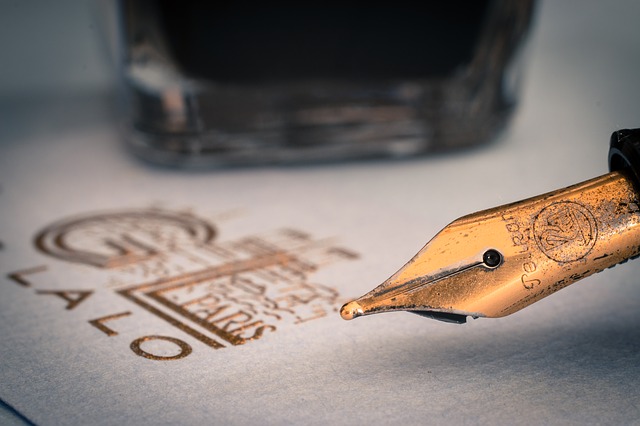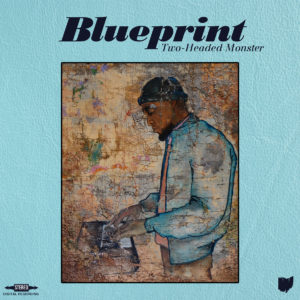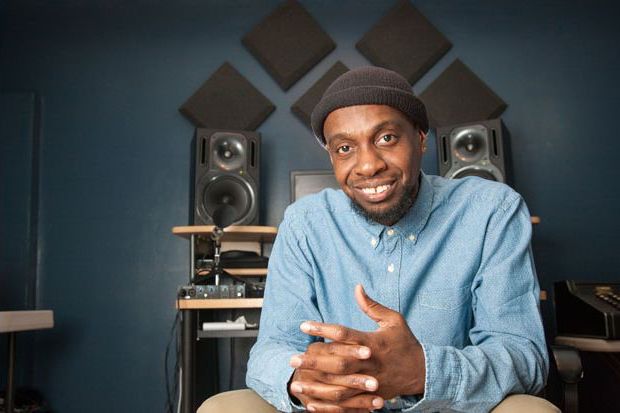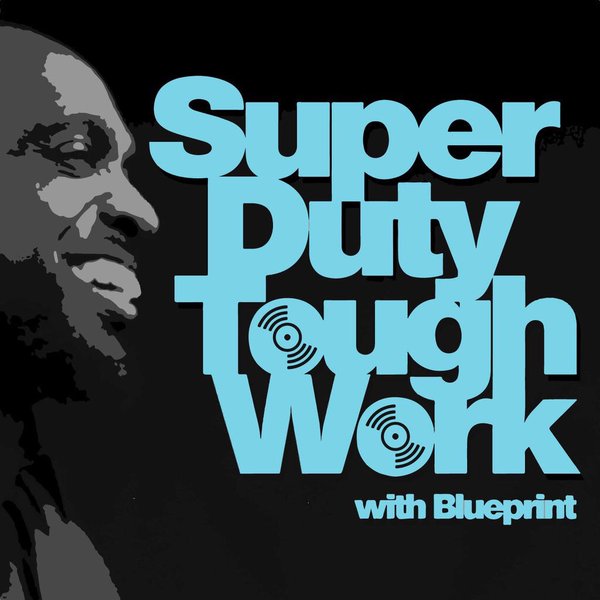
How Important Are the Tools You Use?

Throughout my entire creative career, I’ve been a man of few tools. While many of my peers were going crazy about and purchasing the latest and greatest music production gear, I was holding still, using the same old reliable gear that got me where I was.
As a former Information Systems guy, I was always curious about new gear and advances in technology of beat-making, but something didn’t seem right about constantly upgrading my gear before I had truly mastered it. So for the first seven or eight years of my music career I used the same gear; an MPC-2000 sampling drum machine, Pro Tools, a $99 mic, and my records.
It was a very basic setup but it had it’s advantages. First, it was cheap. Since I wasn’t spending money on upgrading my tools so often, I never had to justify whether I was getting a proper return on my initial investment. Any investment looks much better over a long period than it does in the short term. The second advantage, was that while other people were focusing on learning the new features of updated production gear every year, I was focused on being creative and making beats. Sure I missed out on a feature or two, but my meat-and-potatoes approach helped me focus on the most important and frequently used concepts of music production; concepts that would be present and important no matter what technology I chose to use to make beats with like melody, song arrangement, drum programming, and finding samples.
My output increased tremendously as a result. I kept my eye on upgrades in technology to make sure I always knew what was out there and what was coming, but I almost never slowed down my output to buy new production gear unless I had to.
Since I’ve been working on my first film King No Crown, I’ve noticed that I’ve taken the same approach to filmmaking. My camera is a Canon T2i that I bought off craigslist in 2011 for $400. I’ve been editing with Final Cut Pro 7, which is a every old and outdated version of the software, since around 2011.
Even though I was definitely tempted to make many updates, I took my time and resisted for the most part. Resisting was a little easier because I forced myself to follow one strict rule: I only spend money on my video gear when I made money from video. That means that if I want to buy a new lens, then I need to take on a paid video job using my current gear that pays enough to buy it. This is a deep rule and one that I still struggle with. Like almost everything else, so many purchases of gear are impulsive purchases. We see the item, it looks amazing, and we just buy it because we are excited. Rarely do people make lists of things they need and methodically work to purchase each piece one at a time, but that’s what I’ve tried to do over the last few years. The first good lens I ever bought was because of the video I directed for Atmosphere. Anytime my friends hired me to do work for them, I invested that money back into video gear. But since I rarely did outside work, I don’t have a lot of video equipment. There are still a lot of things I need, but I’m cool with making the best out of what I have for now.
Just like the early years of making beats, this system has allowed me to focus on learning the fundamentals of the craft. Since I was forced to edit slower, due to my software still needing to render every edit, I was forced to plan out my editing ahead of time. I had to be able to visualize what the edit was going to look like before I even sat down to edit and it wasn’t uncommon for me to map out a sequence long before I shot it. The older editing software also changed how I shot things. The absolute worst thing I could do is pick up a camera and shoot things that were going to be hard to edit. So I started making sure I focused on planning, lighting, location scouting, and shot composition; nothing flashy like effects, just solid fundamentals. The software also forced me to focus more on having a solid edit than effects.
All of this is very similar to making beats in the early years. Back in the day, before hard drive space was almost unlimited, you might only have 10-20 seconds of sampling time. You couldn’t sample an entire song and figure out how to arrange it later, you had to sample only the parts you absolutely needed. This forced early hip-hop producers to focus more on the samples that had great melody and put more emphasis on the drums. Nowadays people can sample anything and have hard drives full of samples, most of which go unused.
The same dynamic was at play in the early days of film, when the amount of footage you shot was limited by the amount of film on a reel. And since reels were expensive, directors were forced to shoot only what was needed. Now people just shoot hundreds of hours of footage because they can and hope to fix it in post.
Now, I’m not suggesting that having infinitely more resources and features is a bad thing in itself. Lord knows I’m not trying to go back to those early days of production. But I do see how having limits forces you to become more creative and stronger with your fundamentals.
I don’t associate a great image with a great piece of gear or a great camera, I associate it with a great photographer or videographer. I don’t think amazing results are strictly a function of what gear you have, although proper tools are helpful.
Music and video production has taught me what tools are really for. Tools are not creative. Tools do not make magic happen, nor do they turn uncreative people into creative people. They are here merely to help execute the creative ideas of people who are already technically sound. A hammer can be used to put a nail in a wall that holds up a picture or it can be used to build the frame of an entire house. The exact same tool, just put in the hand’s of two different people with different levels of technical knowledge.
Very often we get distracted by having the most up to date and advanced tools. We see the work created by the masters and often our first question is “I wonder what they made that beat with,” or “I wonder what they shot that with.” We make an association in our minds between great results and great tools as opposed to great results and great technical knowledge being applied to the tool. Getting the tool is easy. Anybody can buy a hammer. But knowing enough about framing to be able to build a house using that same hammer requires great technical knowledge. Tens of thousands of producers have the same production gear that DJ Premiere has, yet there is only one DJ Premiere. Millions of directors, but only one Stanley Kubrick.
So, how important are the tools you use? They’re important enough that you need decent tools to get started, but they aren’t the most important thing. In the early part of learning your craft you should be focused on technical knowledge and learning a process that you can apply to any tool. This will allow you to be successful with modest tools and even more successful with advanced tools.
As tools evolve, creative people with technical knowledge will be able to do more and more, but by no means is the tool solely responsible for the amazing things things we see around us. The magic is not in the tool, it is in the holder of the tool. The tool is merely a vehicle through which we express our ideas, our creativity and technical knowledge is the road.
Word is blog
BLUEPRINTMy latest album Two-Headed Monster is out now. Order/Listen here HERE


